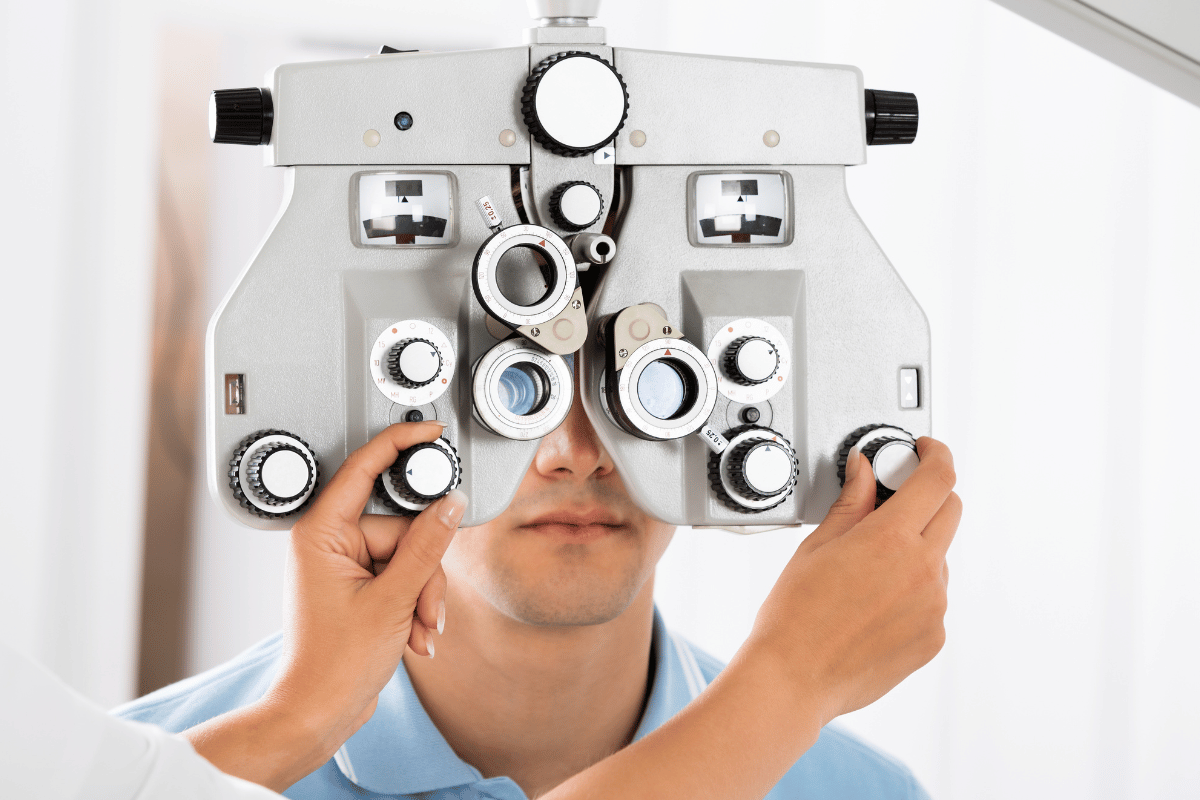Hello everyone! I’m Dr. Shenai from True Focus Eye Care. A question I’ve often encountered since my time in optometry school is: what’s the difference between optometrists and ophthalmologists? Today, I want to clarify these differences, explain our roles, and guide you on when to see each type of eye care professional.
Who We Are
As an optometrist working in a private practice alongside two other optometrists, I collaborate closely with ophthalmologists to ensure our patients receive the best possible care. However, there are many misconceptions about our roles. One common belief is that optometrists only provide glasses while ophthalmologists handle everything else. This can lead to confusion, as many patients mistakenly refer to optometrists as ophthalmologists.
Training and Education
Both optometrists and ophthalmologists undergo rigorous education and training, but there are key differences:
- Optometrists typically complete 3 to 4 years of undergraduate education before entering optometry school, which lasts an additional 4 to 5 years. After graduation, some optometrists may choose to pursue a one-year residency for specialization, but many begin practicing immediately.
- Ophthalmologists, on the other hand, are medical doctors. After completing their undergraduate studies, they attend medical school for 4 years, followed by a residency program focused on eye care, which can last up to 4 years. After residency, they often complete an additional year of fellowship training before they can practice independently.
What We Can Do
Both optometrists and ophthalmologists are trained to:
- Examine the internal and external structures of the eye.
- Assess visual acuity and diagnose conditions like nearsightedness, farsightedness, and presbyopia.
- Manage and treat various eye health issues, including systemic conditions such as high blood pressure and diabetes, as they manifest in the eyes.
- Prescribe glasses, contact lenses, and medications to address eye conditions.
- Participate in scientific research to advance our understanding of eye health.
Where to Find Us
You can find both optometrists and ophthalmologists in various settings, including:
- Commercial practices
- Private offices
- Hospitals and surgical centers
- Military bases
- Consulting roles for sports teams or other organizations
Key Differences
The primary distinction lies in the level of medical training:
- Ophthalmologists can perform major surgeries on the eye, both anterior (front) and posterior (back) segments. They are equipped to handle complex eye conditions and surgical interventions.
- Optometrists focus primarily on primary eye care, which includes performing minor surgical procedures, mainly related to the front of the eye. Each state regulates the specific procedures optometrists can perform.
Many ophthalmologists rely on optometrists as the first line of defense for eye care. If a patient requires surgical intervention, we will refer them to an ophthalmologist and continue to manage their post-operative care.
Conclusion
Optometrists and ophthalmologists play complementary roles in the eye care system, ensuring you receive comprehensive care for your vision. By understanding the differences between us, you can make informed decisions about your eye health.
For those who prefer a visual explanation, you can watch a video where I dive deeper into this subject.




